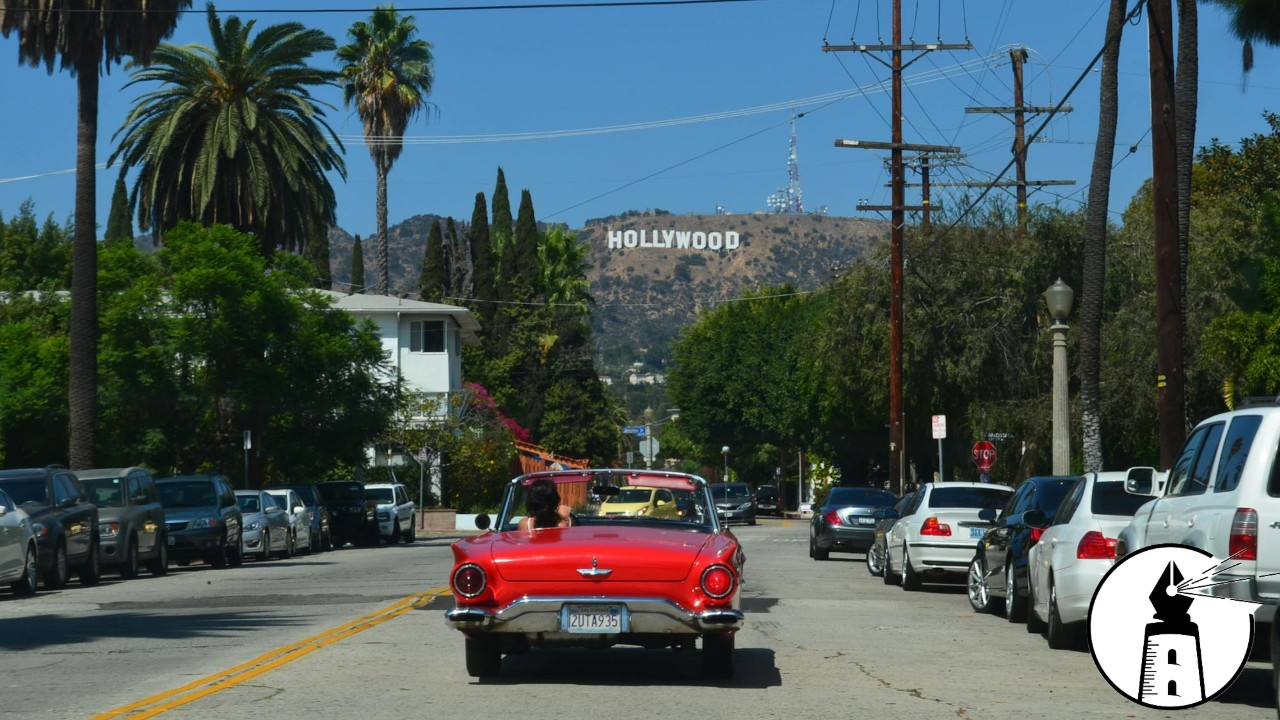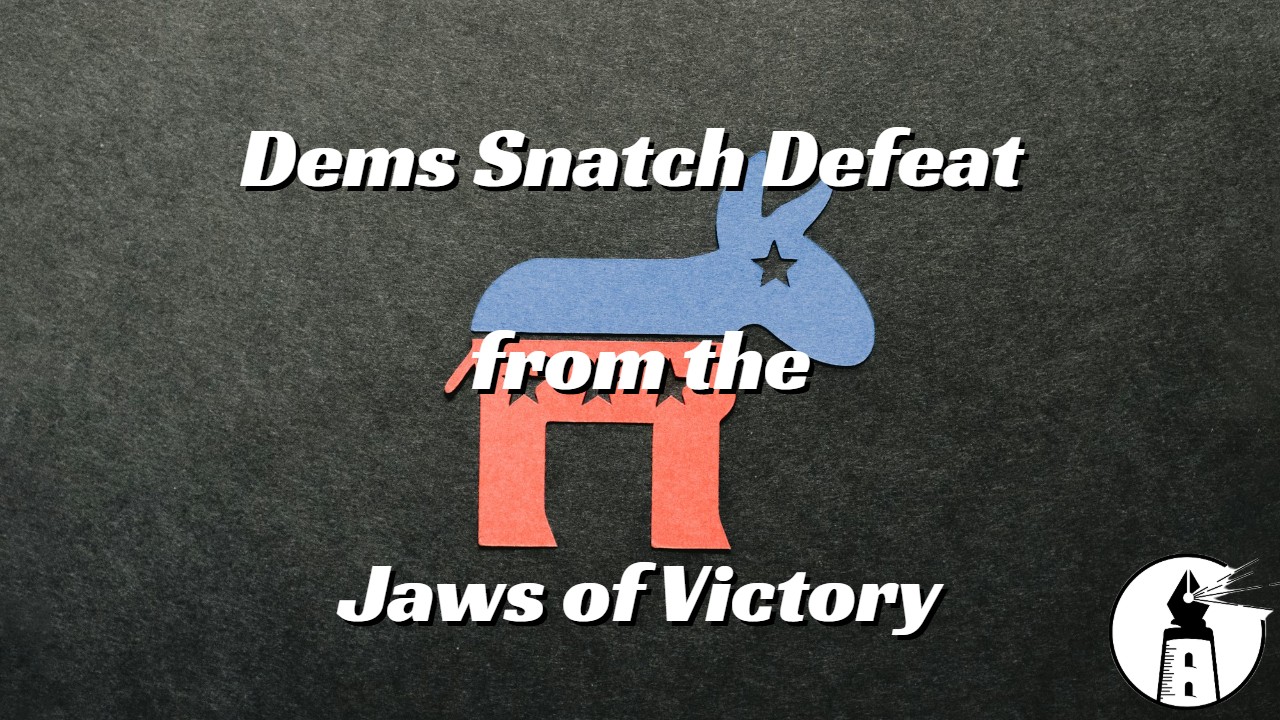The recent wave of bomb threats and violent incidents in Springfield, Ohio, has shone a glaring light on a growing issue in the United States: the dangerous consequences of misinformation and the public’s vulnerability to it. The city has been thrust into chaos, with schools evacuated, hospitals locked down, and government offices targeted by threats. All of this stems from baseless rumors about Haitian immigrants, a narrative that was amplified by political figures for their own gain. It’s clear that Americans need better media literacy to navigate these politically charged and misleading claims.
The Springfield Crisis: A Case Study in Misinformation
It all began when former President Donald Trump, during a nationally televised debate, claimed that Haitian immigrants in Springfield were stealing and eating people’s pets. His remarks, shocking in their absurdity, were echoed by his running mate, Sen. JD Vance, who admitted to spreading these rumors in an attempt to capture the media’s attention. The result? A city already grappling with complex social issues was thrown into a state of fear and confusion. Bomb threats flooded Springfield’s schools, hospitals, and public offices, prompting evacuations and security lockdowns.
Despite reassurances from city officials and law enforcement that these claims were completely unfounded, the damage had already been done. Haitian immigrants, many of whom are in Springfield legally under the federal Temporary Protected Status program, have faced increased harassment and threats. The fear now extends beyond bomb threats. There is a very real concern that this dangerous rhetoric could escalate into racially motivated violence. Hate crimes are often fueled by misinformation, and when false claims about immigrant communities are amplified on a national stage, the risk of violence against these vulnerable populations grows significantly.
Why Media Literacy Matters
This situation in Springfield is a sobering reminder of the power of misinformation. When political figures amplify outrageous claims, it sows division and fear and leads to real-world consequences. In this case, the claims about Haitian immigrants eating pets were so outlandish that they should have been dismissed outright. Yet, they gained enough traction to incite threats of violence across an entire city.
What this crisis reveals is a broader issue: many Americans lack the media literacy skills needed to critically assess the information they encounter, particularly when it comes from politicians. In an age where social media platforms amplify false narratives and misinformation can spread at the speed of a tweet, the ability to distinguish fact from fiction has never been more important.
The Dangers of Believing Outrageous Claims
Outrageous political claims thrive on emotional responses, often tapping into people’s fears, biases, or insecurities. Politicians like Trump and Vance know this, and they exploit it. By making inflammatory statements, they draw attention, dominate headlines, and stir up their base, regardless of the truth. This tactic is not new, but in today’s hyper-connected world, the impact is far more immediate and widespread.
When people accept these claims at face value, without questioning their validity, they become participants in a cycle of misinformation. In Springfield, that cycle led to bomb threats, public fear, and the harassment of innocent Haitian immigrants. And now, there is a heightened risk of racially motivated violence, as misinformation has historically been a precursor to hate crimes. It distracts from the real issues that need attention, such as improving infrastructure, education, and healthcare access in the community. Instead of addressing these problems, the city is forced to defend itself against baseless rumors and deal with the fallout from fearmongering.
Building a Culture of Critical Thinking
So, how can we prevent this from happening again? The answer lies in media literacy, a skill that should be cultivated at every level of society, from schools to workplaces. Media literacy teaches individuals to critically evaluate the information they encounter, to question sources, and to seek out evidence before accepting claims as truth. In a politically charged environment, these skills are essential for making informed decisions and resisting the pull of emotional manipulation.
Educational institutions can play a key role by incorporating media literacy into their curriculums, but the responsibility also falls on citizens to actively seek out credible information. Trustworthy news sources, independent fact-checkers, and nonpartisan outlets should become our go-to references, rather than inflammatory rhetoric from political figures with an agenda.
Conclusion
The situation in Springfield should serve as a wake-up call to all Americans: outrageous political claims can have serious, real-world consequences. When politicians use fear and misinformation to manipulate the public, it creates division, fosters hatred, and threatens public safety. The added concern that this misinformation could incite racially motivated violence makes it all the more urgent that we address the root cause, a lack of media literacy. The antidote to this toxic environment is critical thinking, an essential skill for navigating the complexities of modern politics and ensuring that we are not easily swayed by falsehoods. As citizens, we must demand better from our leaders and, more importantly, from ourselves. Only by becoming more critical consumers of information can we protect our communities from the destructive forces of misinformation and the violence it can incite.
In the words of Springfield’s Mayor Rob Rue, what communities like his need is “help, not hate.” It’s time we all do our part to ensure that’s what they receive.
—By Greg Collier



